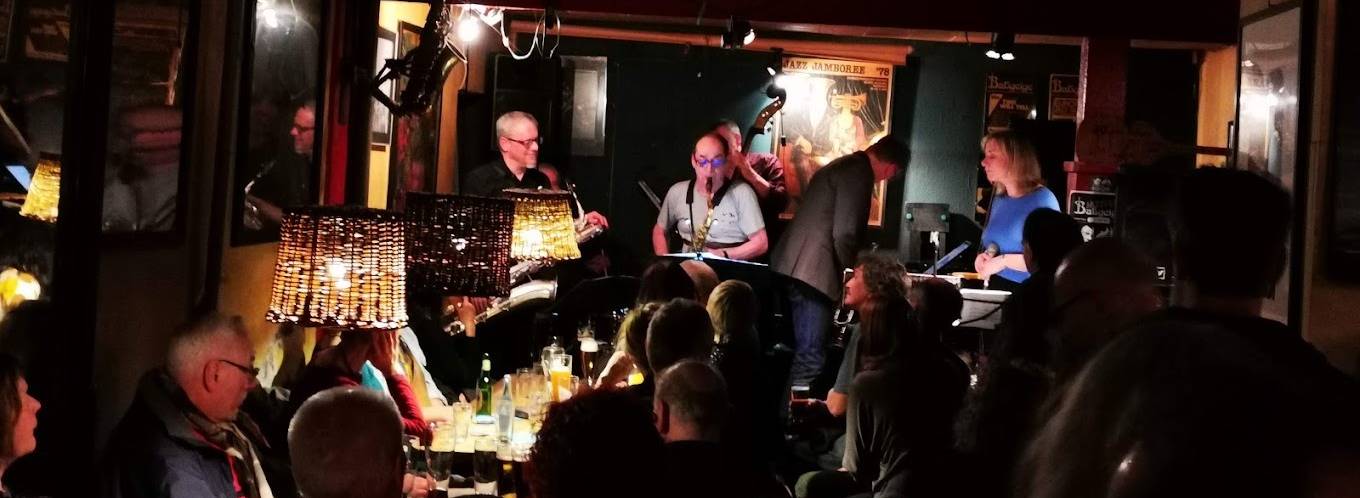×
Upload your mp3 files
Add your mp3 files:
Use this button to select an mp3 to add to your site. As the applicant submitting this mp3, I agree that I am the appropriate rights holder, or that I have all appropriate 3rd party rights holder’s permission for all material uploaded here to be used on ConnectsMusic.com. ConnectsMusic accepts no responsibility for any content submitted
[wordpress_file_upload singlebutton="true" createpath="true" uploadpatterns="*.mp3" uploadtitle="" medialink="true" fitmode="responsive" postlink="true"]
Use this button to select an mp3 to add to your site. As the applicant submitting this mp3, I agree that I am the appropriate rights holder, or that I have all appropriate 3rd party rights holder’s permission for all material uploaded here to be used on ConnectsMusic.com. ConnectsMusic accepts no responsibility for any content submitted
[wordpress_file_upload singlebutton="true" createpath="true" uploadpatterns="*.mp3" uploadtitle="" medialink="true" fitmode="responsive" postlink="true"]
Click here to follow this page
Where
Click here to add new Live Event
About
After being a jazz bar for over 35 years, the Baßgeige is one of the oldest jazz venues in Germany. The direction has only changed once since then. After the death of veteran Norbert “Bolle” Bolz, his former partner Karin is now the gastronomic tenant and organizer of the concerts. Even the legendary Frankfurt jazz club on Bockenheimer
Straße has changed tenants and organizers at least five times in the 55 years of its existence.
It all started on November 23, 1977. The Wittinger Pilsstube at the historic location of Bäckerklint and Eulenspiegelbrunnen, which at that time was more of a corner bar dominated by craftsmen, became the Baßgeige music bar . The location was unique. In terms of pubs, it fit well into the scene concept of Breite Straße at the time, where there was the famous “Pata Pata Hof” with the legendary “Knuff” and many other pubs. The “Darkness Club” and the “Balkankeller” disco were also located on Breite Straße and the “Bistro Unal” and Helmut Pichler’s “Strohpinte”, which is still there today, were located on Handelsweg. A little away on Scharrnstrasse there was the famous school and student pint “Dreampipe”, later called “Pfeife”, which Uwe Brückner managed. From 1972 onwards, Bolle and Lucius (Wolfgang Goedecke) worked together as a bar team at the “Pfeife”.
In 1977 Bolle took over a nearby shop on Bäckerklint. Lucius went along, and after a short renovation phase, the bass violin was born. It was clear from the start that this new pub location would also feature live music. Braunschweig’s “Red Onions” kicked off the first jazz concert. Over the next few years, a series of blues concerts followed with legendary originals from the American blues scene. Among others, Eddie “Cleanhead” Vinson, Robert Lockwood Jr., Sunnyland Slim, Louisiana Red, Margie Evans, Willi Mabon, Jack Dupree and many others played. Many had come to Germany for the first time through Lippmann & Rau’s American Folk Blues Festival, and this meant that they were able to get cheap follow-up concerts book.
At the same time, Bolle and Lucius had long had a soft spot for modern jazz. This style became the musical focus of the bass violin . The first modern jazz concerts were held with the support of Charles Benecke, who staged the famous “Jazz im Lindenhof” concerts in the 1970s. The Braunschweig Musicians’ Initiative was founded in 1978 with him, Otto Wolters (piano), Udo Dammann (guitar), Thomas Geese, Lucius and Bolle.
In the bass violinNot only regional but also international jazz concerts were held at regular intervals, usually twice a month. The European JazzBassist Ensemble, under the direction of bassist Ali Haurand, has played repeatedly up to the present day. Well-known soloists such as Gerd Dudek, Tony Oxley, Charly Mariano, Alan Skidmore, Rob van den Broeck, Leszek Zadlo, Jiri Stivin and others were often musical guests. Ernie Watts, Richi Cole, Benny Bailey, Horace Parlan, Allan Praskin, Gene Conners, George Bishop, Earl Warren, Jim Pepper, Jeanne Carrol and many others came from the USA.
In the bass violinNot only regional but also international jazz concerts were held at regular intervals, usually twice a month. The European JazzBassist Ensemble, under the direction of bassist Ali Haurand, has played repeatedly up to the present day. Well-known soloists such as Gerd Dudek, Tony Oxley, Charly Mariano, Alan Skidmore, Rob van den Broeck, Leszek Zadlo, Jiri Stivin and others were often musical guests. Ernie Watts, Richi Cole, Benny Bailey, Horace Parlan, Allan Praskin, Gene Conners, George Bishop, Earl Warren, Jim Pepper, Jeanne Carrol and many others came from the USA.
First and foremost, the bass violin naturally became a performance venue for the North German jazz scene between Düsseldorf , Bremen, Hanover, Hamburg and Berlin. Groups such as Jazztrack, Changes, Ed Kröger Trio with the soloists Ulli Beckerhoff, Wolfgang Engstfeldt, Peter Weiss, Sigi Busch, Heinrich Hock and Detlef Beier literally gave each other a hand here. But the local scene also developed. Thanks to Otto Wolters, piano lecturer at the Braunschweig municipal music school and later jazz lecturer at the Hanover University of Music, a circle of increasingly talented jazz musicians such as Tine Schneider (piano), Matthias Weise (guitar), and Udo was formed Dammann (guitar), Christian Hasse (piano), Jan Behrens (piano), Nils Wogram (trombone), Tilman Ehrhorn (saxophone) and Ottmar Könnecke (saxophone). Some now play in the top league of German jazz or work as lecturers at various music universities. From 1978 onwards, the Braunschweig oldtime jazz scene formed the so-called Impromptu Ensemble on the initiative of Christian Gerber (guitar, banjo), which was also joined by musicians from Hanover. This formation was later called the Apex Jazzband. They played swinging Chicago jazz. In 1983, the bass violin house band emerged from this band. First they played as a quartet with Jüli Sauerbier (trumpet), Richard Geier (bass saxophone), Jo Clausen (clarinet) and Christian Gerber (guitar, banjo). Hans Seidler (trombone), Harald Montag (clarinet, alto saxophone) and Ilo the drummer were later added. The band first called themselves “Davenport 4” and later “Davenport 6”. For 21 years they always performed on the bass violin the day before Christmas (on December 23rd) .
In 1985, the jam session was born in collaboration with the Braunschweig Musicians’ Initiative. The session, which initially took place monthly, was like a musicians’ fair. New bands were formed and many contacts were made. It still takes place 4 to 5 times a year today.
In the last 10 years the focus of jazz has become the bass violinshifted primarily to the scene around Braunschweig and Hanover. With Britta Rex (vocal), Eddie Filipp (drums), Christian Hasse (piano), Bernd Dallmann (saxophone) and Dietmar Osterburg (guitar) we have some good band leaders here in Braunschweig who have been doing interesting things for years Present projects. Ulli Orth, Andy Gütte, Stephan Abel, Hajo Hoffmann, Rolf Zielke, Gaby Schenke and Christoph Münch are frequent guests from the Hanover area.






